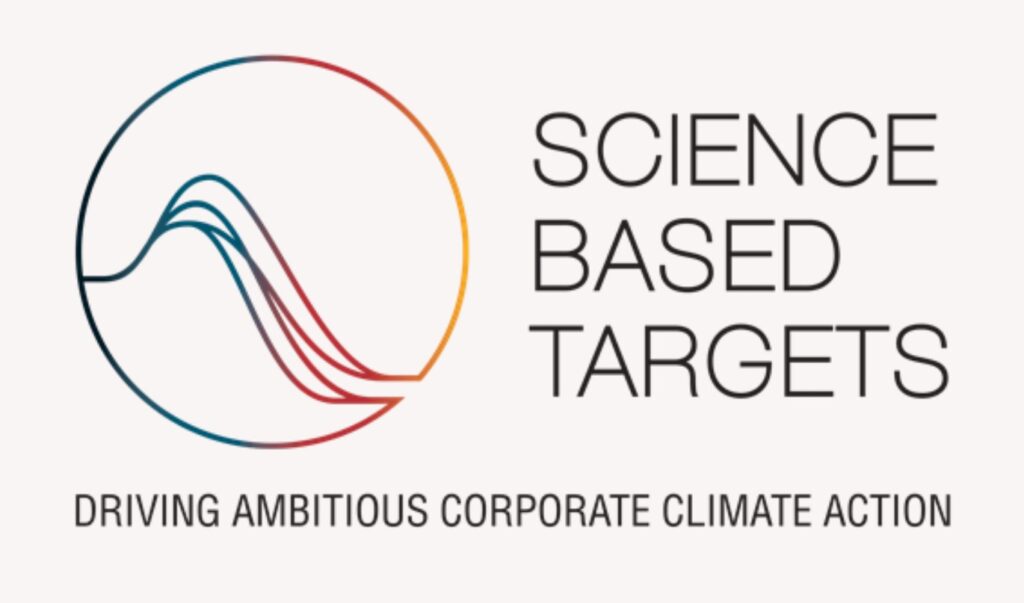ASIA ELECTRONICS INDUSTRYYOUR WINDOW TO SMART MANUFACTURING
DENSO Sets New Target to Reduce Carbon Emissions
DENSO Corporation has set Scope 3*1 as a new target to reduce greenhouse gas emissions. Consequently, the company has acquired SBT certification from the Science Based Targets initiative (SBTi*2), an international initiative, in addition to the targets of Scope 1*1 and Scope 2*1.
DENSO has set newly established goals for Scope 3 to reduce CO2 emissions throughout the supply chain by 25% by FY 2030 from a FY 2020 base year. and has obtained SBT certification for this target. In addition to the SBT certification for Scope3, DENSO has set the goal of “achieving carbon neutrality throughout the entire supply chain by FY 2050*3.”
To attain these targets, DENSO will provide know-how on conserving energy by communicating closely with suppliers. Moreover, the support for addressing issues faced by respective suppliers, such as switching to renewable energy and low-carbon materials. This approach will contribute to reducing the CO2 emissions generated during the manufacturing processes of components and raw materials procured by DENSO.

Carbon Neutral Factories
Additionally, DENSO will continue working on developing products and systems that underpin the widespread use of electric vehicles, including HEVs, BEVs, and FCEVs. Thus, decreasing the CO2 emissions associated with the use of mobility incorporating its products.
In 2016, DENSO formulated “DENSO Eco Vision 2025,” an action plan to realize sustainable communities and society by promoting efforts toward carbon neutrality. By the end of FY 2020, DENSO set the goal of “achieving carbon neutrality by FY 2035.”
By 2025, DENSO aims to switch to renewable electricity and achieve carbon neutrality for gas by using carbon credits. Moreover, to achieve carbon neutrality for electricity and gas without using carbon credits by 2035. To attain these objectives, DENSO is promoting various initiatives.
In FY 2021, Anjo Plant achieved carbon neutrality, followed by Nishio Plant, Hirose Plant, DENSO Fukushima, and DENSO Group companies across Europe in FY2022. For that reason, DENSO earned the A List*5 by CDP*4.
Furthermore, with the goal of contributing to the overall reduction of societal CO2 emissions, DENSO aims to leverage the technology developed in the development of automotive components to establish and promote technologies for the collection and reuse of CO2 as well as the utilization of hydrogen.
DENSO will continue to accelerate its efforts toward CO2 reduction and contribute to the creation of a carbon-neutral society.
Notes
*1 The definitions of Scopes 1 to 3 are based on the brochure “Supply-chain emissions in Japan” published by the Ministry of the Environment.
Scope1: Direct emissions of greenhouse gases from activities under the control of the organization, such as fuel combustion and industrial processes.
Scope2: Indirect emissions resulting from the consumption of purchased electricity, heat, or steam.
Scope3: Other indirect emissions, including those from activities not owned or controlled by the reporting organization, but related to its activities.
*2 The SBTi is an international organization jointly established by the World Wide Fund (WWF), the CDP, the World Resources Institute (WRI), and the United Nations Global Compact (UNGC). Aiming to limit the global temperature increase to 1.5°C above pre-industrial levels as required by the Paris Agreement, the SBTi provides guidance to companies on setting specific targets based on scientific knowledge and awards SBT certification to companies that are recognized to meet the science-based targets (SBTs).
*3 The goal of “achieving carbon neutrality throughout the entire supply chain by FY 2050” has not been certified by SBT.
*4 CDP is a non-governmental organization (NGO) managed by a charity organization based in the U.K. It operates a global information disclosure system that enables investors, companies, nations, regions, and cities to manage their environmental impact.




